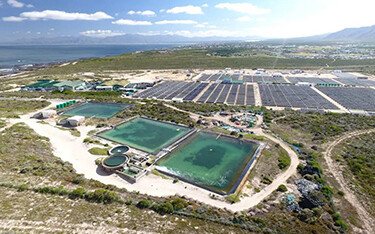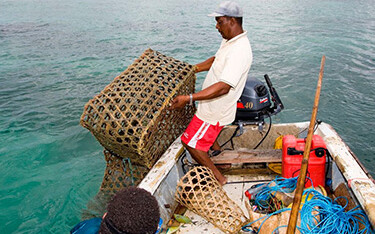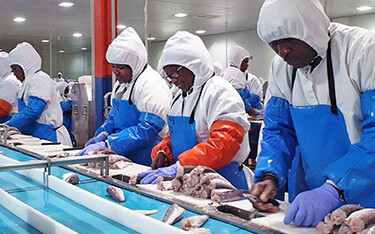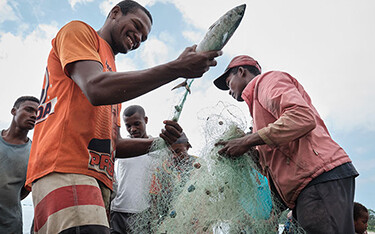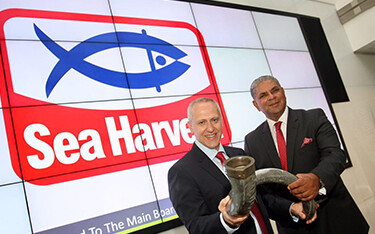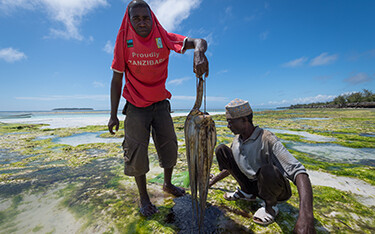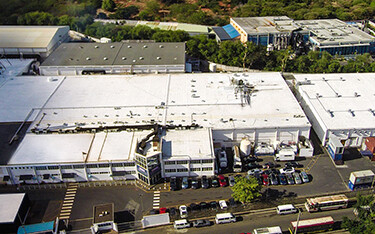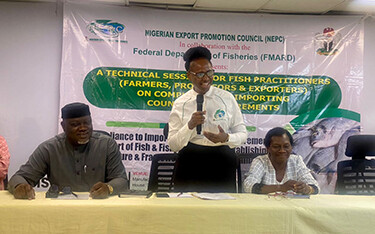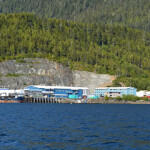South Africa has revived legislation, which fell into governmental limbo nearly five years ago, that aims to support an ambitious aquaculture sector expansion under the government’s National Development Plan – an economic blueprint meant to limit poverty and inequality in the country by 2030.
On 13 September, South Africa’s government approved the publication of the delayed bill for public comment in a government bid to pull
… Read MoreThe Seychelles has approved several fishing industry policies and regulations in quick succession to spur private investment in key seafood segments and enhance the sustainability of its fishery resources.
The East African island nation's fishing industry regulator, Seychelles Fisheries Authority (SFA), also recently announced the modernization of the nation’s aquaculture policy, which – in tandem with the new policies and
… Read MoreA major constraint facing the aquaculture industry in East Africa is the scarcity of locally sourced, high-quality fish feed. Fish feed manufacturers relying on ingredients such as maize and soybean meal find them costly because of high demand that – at times – leads to drastic price fluctuations and reliance on imports from Europe and Asia.
For Kibamba-Ubungo, Tanzania-headquartered biotechnology firm NovFeed, the hole in the
… Read MoreThe Namibian government has opened a fresh round of bidding on its quota of monkfish, with officials putting 600 metric tons (MT) up for sale to raise revenue that would go toward financing the country’s federal budget – despite the mixed performance of its fishing quota auction program since it was implemented three years ago.
Namibia introduced its fishing quota auction scheme in 2020 shortly after the infamous cash-for-quota
… Read MoreMadagascar recently signed a sustainable fisheries partnership agreement with the E.U., becoming the latest African country to revive its fisheries agreement with the bloc in the midst of increasing concern regarding working conditions for African laborers on European fishing vessels.
On 30 June, the island nation signed a new four-year agreement that allows E.U. vessels – mainly from Spain, Portugal, Italy, and France – to
… Read MoreSea Harvest Group achieved higher revenue in the first half of 2023.
The Cape Town, South Africa-based seafood company reported an 18 percent year over year increase in revenue for the first half of 2023. Revenues for the six months ending 30 June, 2023, totaled ZAR 3.2 billion (USD 170.1 million, EUR 159.7 million), compared to ZAR 2.7 billion (USD 143.7 million, EUR 134.9 million) earned in the same period a year prior, according to an
… Read MoreThe Seafood Alliance for Legality and Traceability (SALT), a global community of governmental, seafood industry, and nonprofit organizations, has announced the launch of a traceability project for an octopus fishery in Tanzania.
With support from the Food and Agriculture Organization (FAO) the new digital intervention program, Comprehensive Electronic Catch Documentation and Traceability (eCDT), aims to improve traceability systems at the
… Read MoreAfrica currently accounts for a negligible share of the world’s farmed seafood production. With an estimated annual farmed seafood output of 2.3 million metric tons (MT) – or 2 percent of world production – the continent has a long way to go in reaching its potential, which some experts estimate can reach 15 million metric tons by 2050.
For over 45 years, WorldFish has led projects to improve sustainable aquaculture and
… Read MoreMauritius recently teamed up with fellow Indian Ocean Tuna Commission (IOTC) members to successfully oppose a periodic ban on drifting fish aggregating devices (dFADs) the country said threatened the East African country’s tuna-processing output.
The resolution, adopted during the Sixth Special Session of the IOTC in February, proposed a ban on dFAD use for 72 days each year between 1 July and 11 September. THe resolution aimed to
… Read MoreNigeria is working to increase both the quality and quantity of its seafood exports, especially those destined for E.U. and U.S. markets, where sales of some of the African country’s fish products are currently restricted.
To accomplish this, Nigeria – Africa’s most-populous country, with over 220 million people – is planning to boost its domestic fish production by reviving and revamping the country’s
… Read More

